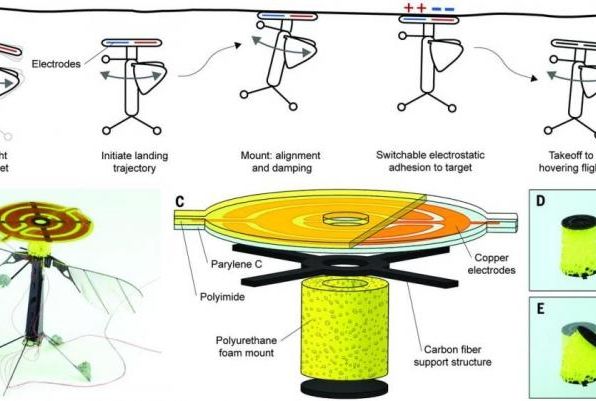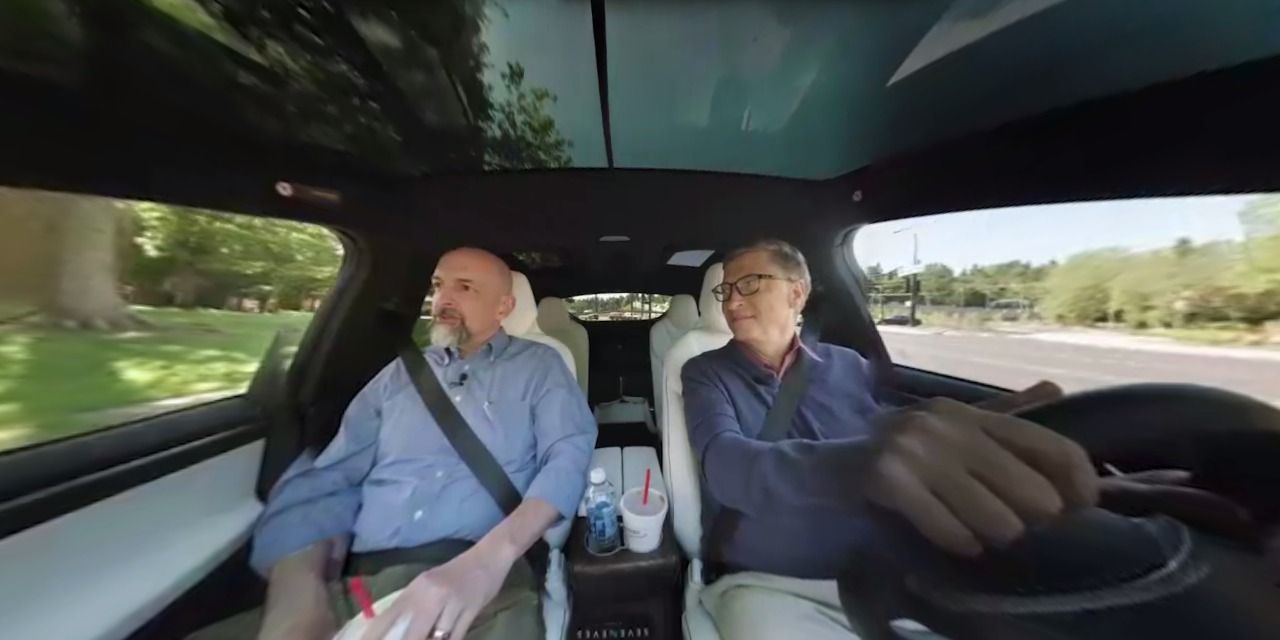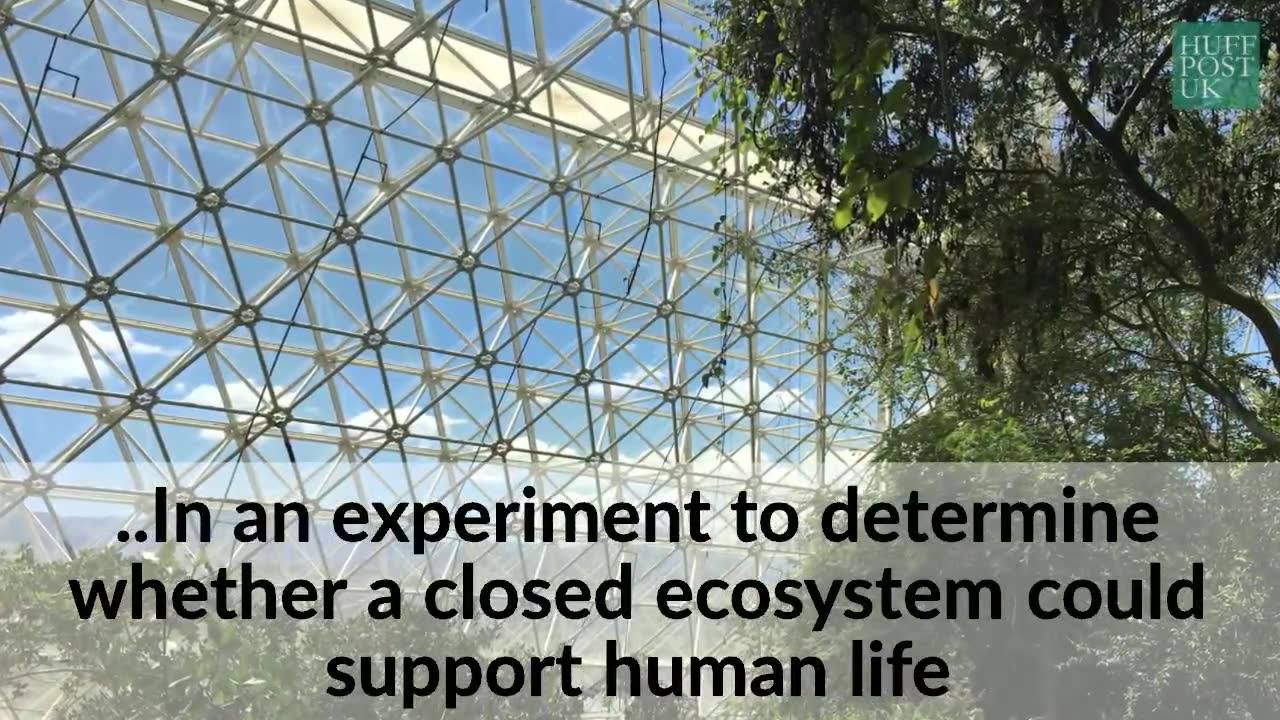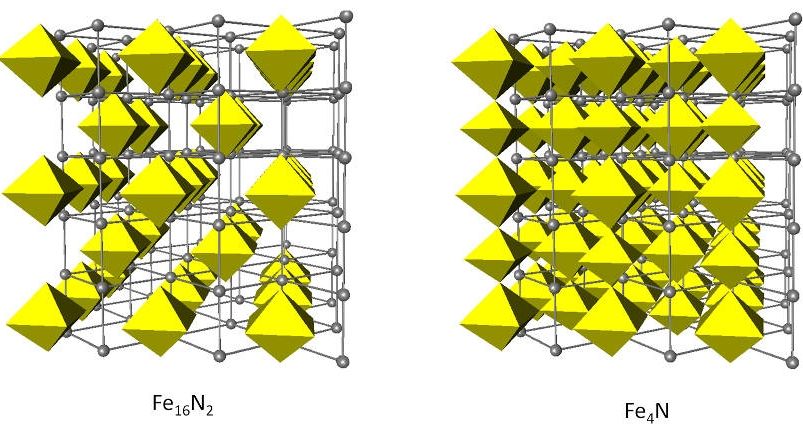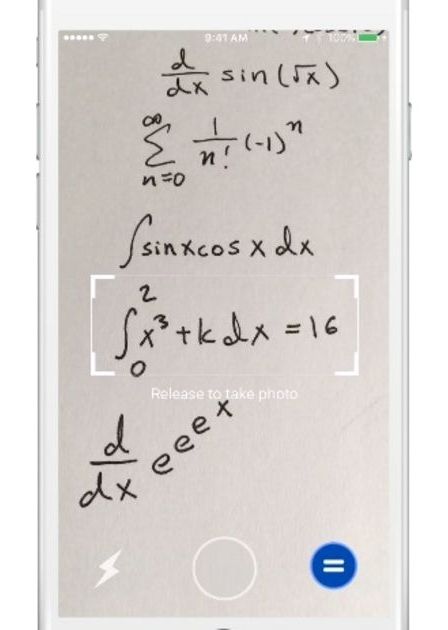Page 11408
May 20, 2016
Queen announces moves to develop UK’s first commercial spaceport | Belfast Telegraph
Posted by Odette Bohr Dienel in categories: space, space travel
Tag: UK
May 20, 2016
MIT researchers unveil perching bee robot
Posted by Dan Kummer in categories: drones, robotics/AI
BOSTON, May 19 (UPI) — Engineers at MIT and Harvard have designed a tiny bee-like robot capable of pausing mid-flight to perch on a variety of objects before once again taking to the air. The robot uses static electricity to momentarily cling to the underside of objects.
Robots designed for aerial surveys and related observational tasks, like quadcopters, are currently limited by short flight times. They tend to run out of battery rather quickly. While perching won’t extend a drone’s actual time in the air, the technology could empower UAVs to employ their power more strategically — periodically taking a moment to rest their wings, or blades.
Researchers tested their technology on RoboBee, a bug-like flying robot no bigger than a quarter. A small jolt of static electricity emitted through a tiny foam patch on the bee’s head allows it to land on and adhere to the underside of a plant or to the ceiling.
Continue reading “MIT researchers unveil perching bee robot” »
May 20, 2016
There IS life after DEATH: Scientists reveal shock findings from groundbreaking study
Posted by Sean Brazell in category: neuroscience
Hmmm.
LIFE after death has been “confirmed” by scientists who have discovered consciousness continues even once a person has died.
May 19, 2016
Take a drive with Bill Gates in a Tesla Model X
Posted by Shailesh Prasad in categories: sustainability, transportation
Billionaire Bill Gates is out with his regular book recommendations and it looks like he is now driving a Tesla Model X.
May 19, 2016
Google’s Tensor Processing Unit could advance Moore’s Law 7 years into the future
Posted by Shailesh Prasad in categories: computing, futurism
Google unveils custom TPU chip, which it says advances computing performance by three generations.
May 19, 2016
This science laboratory looks like it should be in a James Bond movie
Posted by Shailesh Prasad in categories: entertainment, science
May 19, 2016
Rare-earth-free magnet made from cheap materials
Posted by Karen Hurst in categories: entertainment, materials
A new cheaper way in creating magnets.
US researchers have created a powerful permanent magnet out of iron and nitrogen, two plentiful cheap materials, as part of a programme to cut the need for ‘rare earth’ metals.
It is only a tiny sample, a film 500nm thick, but it is the real thing.
Continue reading “Rare-earth-free magnet made from cheap materials” »
May 19, 2016
Point your phone at an equation and Mathpix will solve it
Posted by Shailesh Prasad in categories: education, information science, internet, mathematics, mobile phones, neuroscience
Math isn’t everyone’s strong suit, especially those who haven’t stretched that part of their brain since college. Thanks to the wonders of image recognition technology, we now have Mathpix, an iOS app that lets you point your phone camera at a problem and calculates solutions in seconds.
The interface looks like any standard camera app: simply drag the on-screen reticle over the equation and the app solves it and provides graph answers where appropriate. More useful is a step-by-step guide offering multiple methods to reach a solution, making this a bona fide educational tool. It uses image recognition to process problems and pings its servers to do the mathematical heavy lifting, so it likely requires an internet connection to work.
Mathpix was envisioned by Stanford PhD student Nico Jimenez, who was advised by Stanford grad Paul Ferrell. The app’s other developers are high schoolers Michael Lee and August Trollback, which is impressive for an app that claims to be the first to visually recognize and solve handwritten math problems.
Continue reading “Point your phone at an equation and Mathpix will solve it” »
May 19, 2016
Is The Singularity A Religious Doctrine?
Posted by Karen Hurst in categories: information science, neuroscience, Ray Kurzweil, singularity
New spin on all things that are Singular. Hmmm — so if Singularity becomes a religion; is Ray Kurzweil its God?
A colleague forwarded John Horgan’s recent Scientific American article, “The Singularity and the Neural Code.” Horgan argues that the intelligence augmentation and mind uploading that would lead to a technological singularity depend upon cracking the neural code. The problem is that we don’t understand our neural code, the software or algorithms that transform neurophysiology into the stuff of minds like perceptions, memories, and meanings. In other words, we know very little about how brains make minds.


